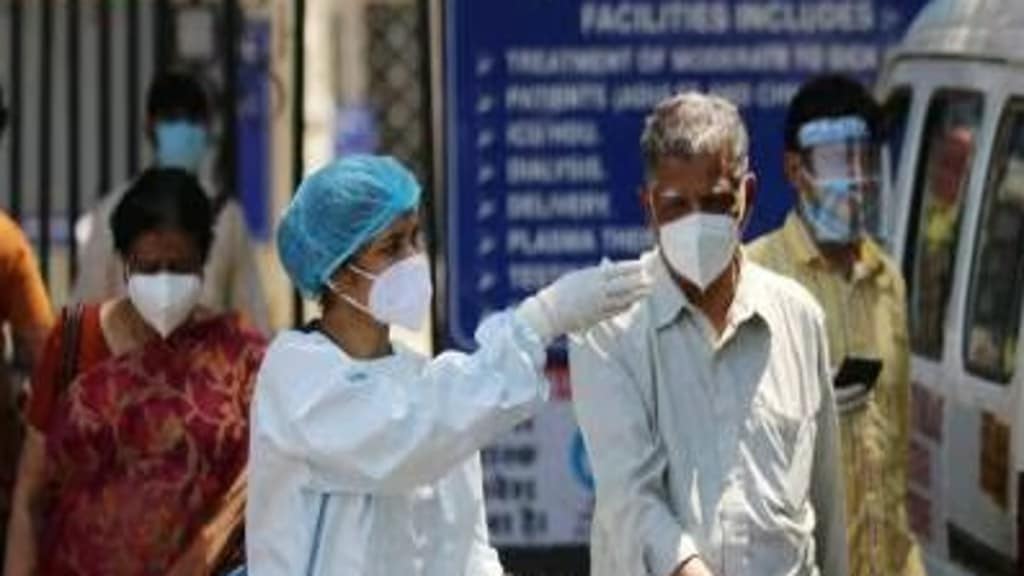Several hospitals across Rajasthan, including five in Jaipur, received bomb threat emails on Sunday, which were later confirmed as hoaxes, police reported. Bomb disposal squads swiftly cordoned off the hospitals and conducted thorough searches, but no suspicious items were found.
The threatening emails claimed that bombs had been planted under hospital beds and in bathrooms. The hospitals in Jaipur that received these threats include Monilek Hospital, C.K. Birla Hospital, Manas Hospital, Apex Hospital, and Rungta Hospital.
Authorities have yet to confirm the total number of hospitals across the state that received these hoax emails, though five hospitals in Jaipur were specifically reported to have been targeted.
VIDEO | Many hospitals in Jaipur, Rajasthan received bomb threats. The hospitals got e-mails at 7 am in the morning. The hospitals which received bomb threats include CK Birla Hospital and Monilek Hospital. The police team and bomb disposal squad reached the hospitals immediately… pic.twitter.com/AjMGvj3mQC
— Press Trust of India (@PTI_News) August 18, 2024
In response, police teams and bomb disposal squads were quickly dispatched to the affected hospitals.
This incident occurred just a day after a bomb threat was reported at Ambience Mall in Gurugram, Haryana, on Saturday, which, after thorough searches, was found to be a false alarm. Similarly, a prominent mall in Navi Mumbai’s Vashi area was evacuated on Saturday following a bomb threat received via email, which also turned out to be a hoax.
Earlier in May, around 250 schools in Delhi and the National Capital Region (NCR) were targeted with similar threats, leading to large-scale evacuations and searches. Panicked parents rushed to collect their children as various agencies, including district police, bomb disposal squads, and the National Disaster Response Force (NDRF), were mobilised. However, no explosives were found, and the threats were eventually deemed a mass hoax.
Authorities revealed that the emails were sent through a virtual private network (VPN), which masked the sender’s location by routing the data through foreign servers. In the case of the school threats, the emails were traced to a Russian company’s mailing service.
Following the school threats in Delhi, the Union Home Ministry emphasised the importance of developing detailed protocols and standard operating procedures (SOPs) for handling such situations. The ministry also recommended strengthening security measures, such as installing CCTV cameras and regularly monitoring emails in educational institutions.
With inputs from PTI.

